Next month, from Feb. 26 to March 2, the administration, in collaboration with the counseling department, plans to host a mental health awareness week in hopes of fostering greater conversation on the topic.
“We’ve got some pretty neat ideas on some random acts of kindness activities that we’re going to try and get going for our mental health week in February,” Director of Counseling Rachel Cole said. “Just overall, (we want to foster) more awareness, and make sure people know to ask for help, where to go (to get help), how to do it, to know they’re not alone in this and that we care. It’s pretty simple, but it’s also a really important thing, too.”
Principal Thomas Harmas said the awareness week, scheduled for the end of February, will include many different student activities as well as other events involving teachers and parents. Harmas said this awareness week is the first step to launch the school’s ultimate goal of a three-year “Culture of Care” mental health program, which administrators are currently outlining. He said they hope to fully implement this program this fall.
“In general, the idea is to put together a three-year plan that will include members of the staff, students, parents and community to focus on mental health and awareness on a three-prong strategy, and that would be working with the audiences of parents, staff and students. With that, the cornerstones of those would be anxiety, depression and suicide,” Harmas said. “Right now, we have all kinds of adults that care greatly about students in this building. However, we don’t have a coordinated culture of care or mental health program, or process even, and that’s what we’re hoping that this three-year plan will give us. Our hope is that it becomes part of the culture of CHS.”
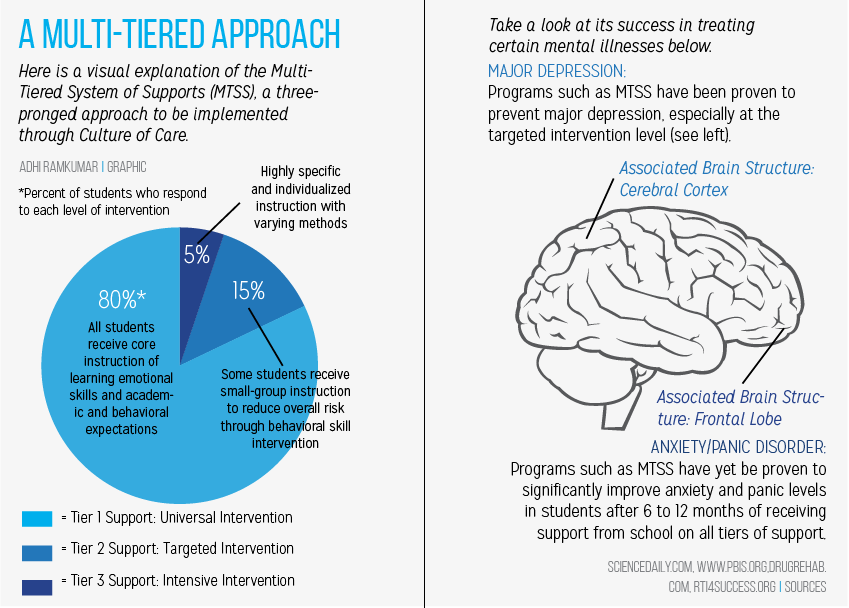
Cole said, “We’re really trying to focus on just awareness, acceptance and how we can push out some education on resources available, coping skills and basically just letting our students know–but also staff and parents–that we care, and that CHS cares. The (Culture of Caring) committee is going to focus on some activities and events and education and trying to get it off the ground these next three years and hopefully it’ll be able to sustain itself.”
Cole and Harmas both said the motivation behind creating the Culture of Care program was a lack of discussion among students within the topic of mental health, as well as an increased amount of referrals with the counseling center’s anonymous alert system. Cole said in general, a large jump in the number of students coming in to see counselors and social workers supplied motivation as well.
Ashley Oyer, founder and president of the Mental Health Awareness club and senior, said a lot of the motivation behind creating the club was also the lack of acknowledgement of mental health issues among students she observed throughout the school.
“I think, honestly, the new (Culture of Care) program is great because I checked in sophomore year to see if there were any other mental health clubs that were pre-existing before I started my own and there (weren’t), and so then I had to start one by myself. I never thought I’d be starting a club, but I just felt like there needed to be that kind of presence in the school. It’s good that our club is there and that it exists, but there’s only so much we can do as a student organization,” Oyer said. “Having support on a school-wide level and having administrators help makes the process easier, and it helps get the message out there a lot quicker.”
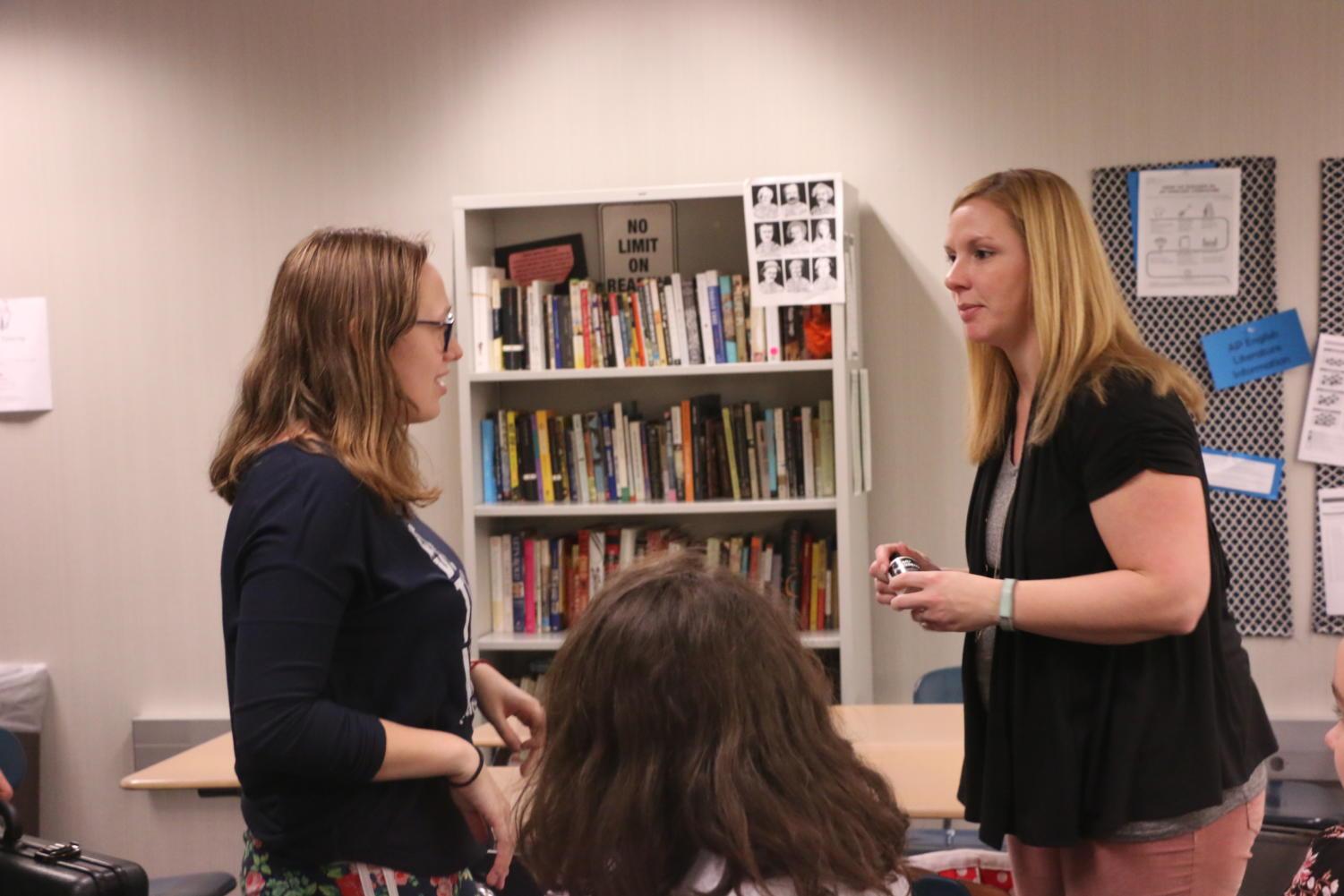
PLANNING FOR THE MONTH:
Ashley Oyer, founder and president of the Mental Health Awareness club and senior, talks to English teacher Cristen Cassler about club logistics. Oyer said administrator involvement would help in spreading more awareness. “Having support on a school-wide level and having administrators help makes the process easier,” Oyer said.
Harmas said he hopes this program will help students and staff alike in better maintaining their mental health by providing students with the right knowledge and understanding of mental health.
“I think people need to understand this is not only about student mental health, it’s about everybody who works at CHS’s mental health, and I count students in that, too. If you’re in the right place mentally, you can succeed so much easier and our job is not only to have our students succeed, but also have our teachers and staff succeed,” Harmas said. “So if we can get people in the right frame of mind and help in any way, then I would suspect that we will see just the environment change a little bit.”
Ultimately, Oyer said she hopes to see participation from much of the student body in the upcoming Culture of Care events.
Oyer said, “I think it’s something that is definitely worthwhile, and so not only engaging, listening and trying to learn from the different resources and projects and events that are going to be happening in the school, but then taking that information home, thinking about it more outside of school and trying to carry that information with you. With mental health issues, what I really hope is that the Culture of Care program will start a spark for people and so that after their experiences, they can go and either find the assistance that they need or bring up more conversations with their friends, because once you start conversations, that’s when things start happening.”
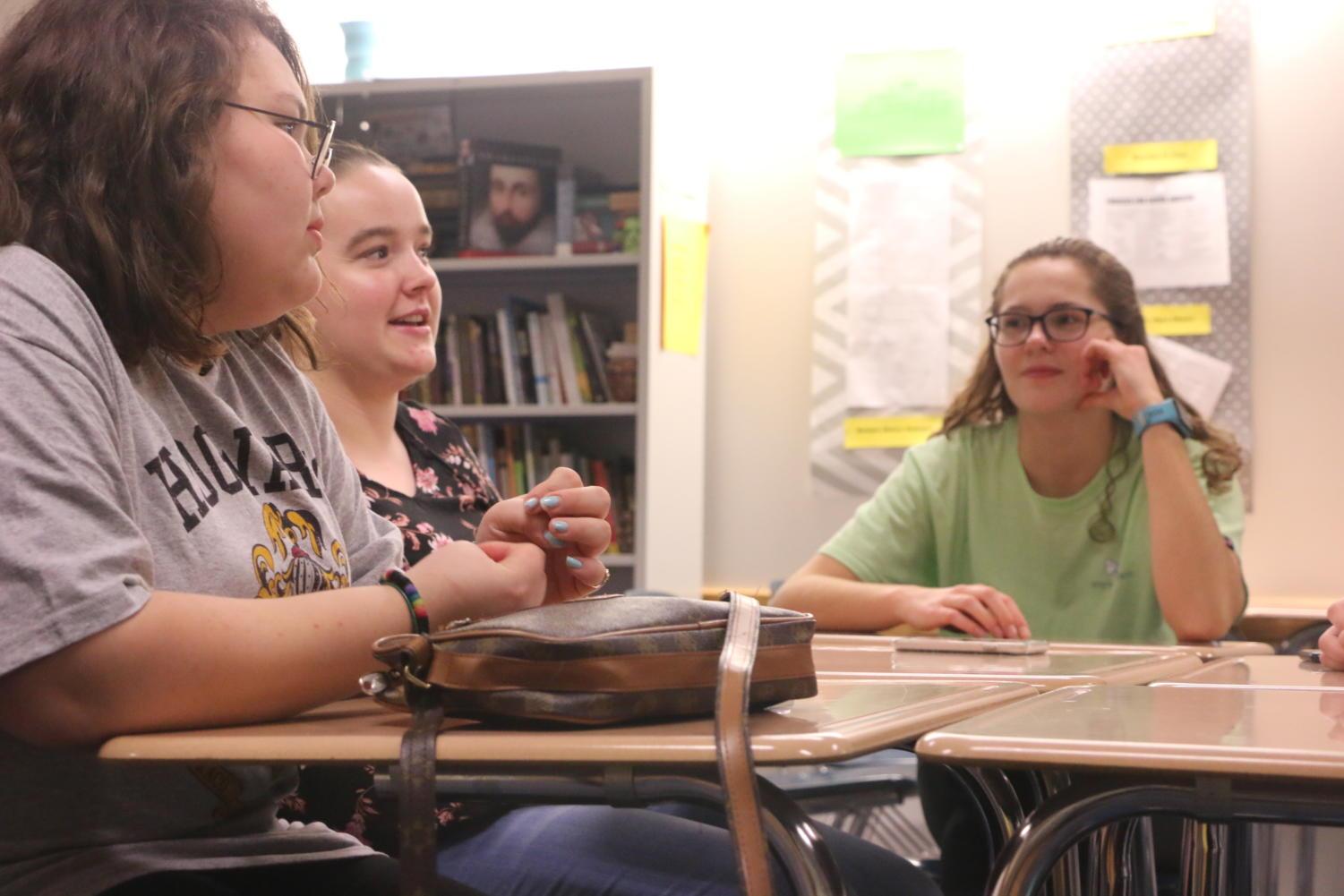
PLANNING FOR AWARENESS:
Sophomore Yasmine Pehlivan and Senior Katherine Long discuss plans for the upcoming mental health awareness week. Mental Health Awareness Club meets once a month to discuss on how to spread awareness about treatments and how to educate others about certain diseases.


















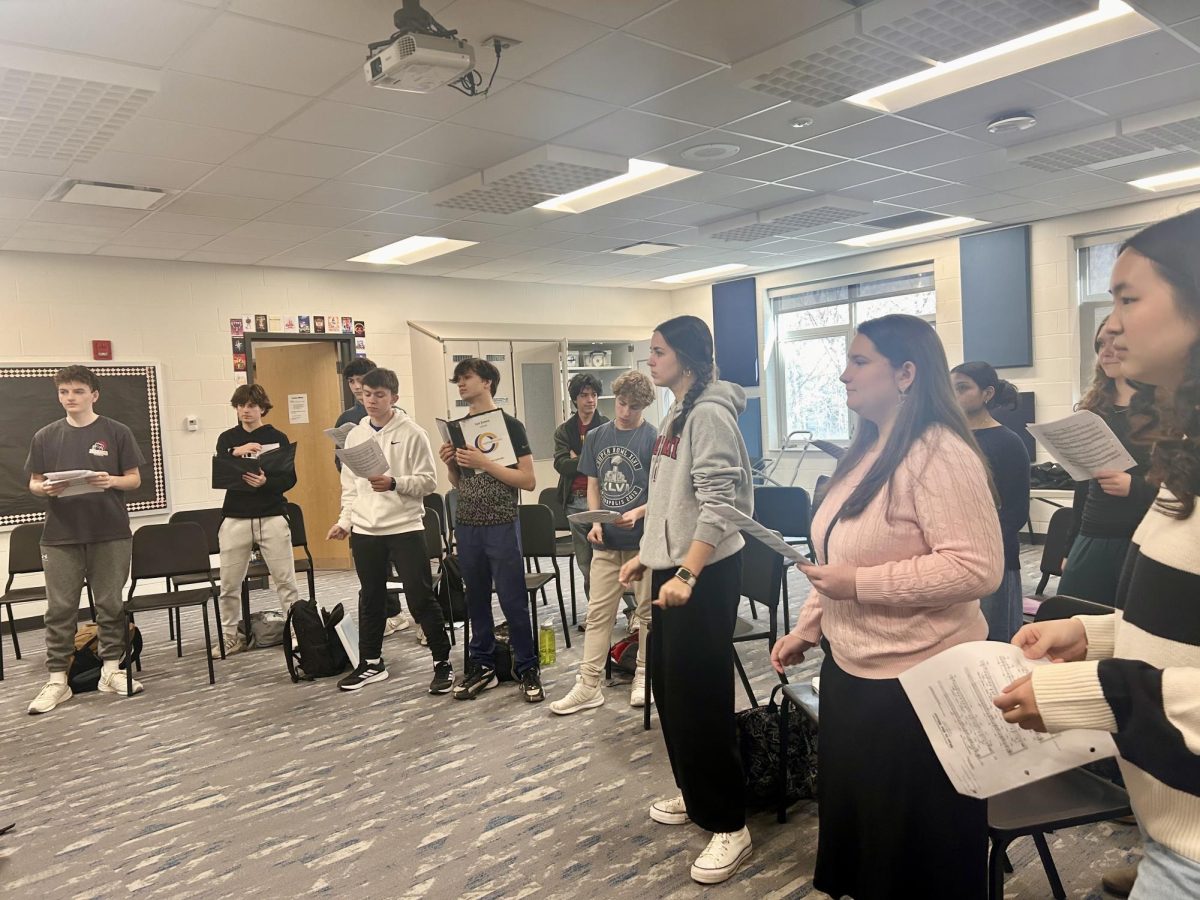

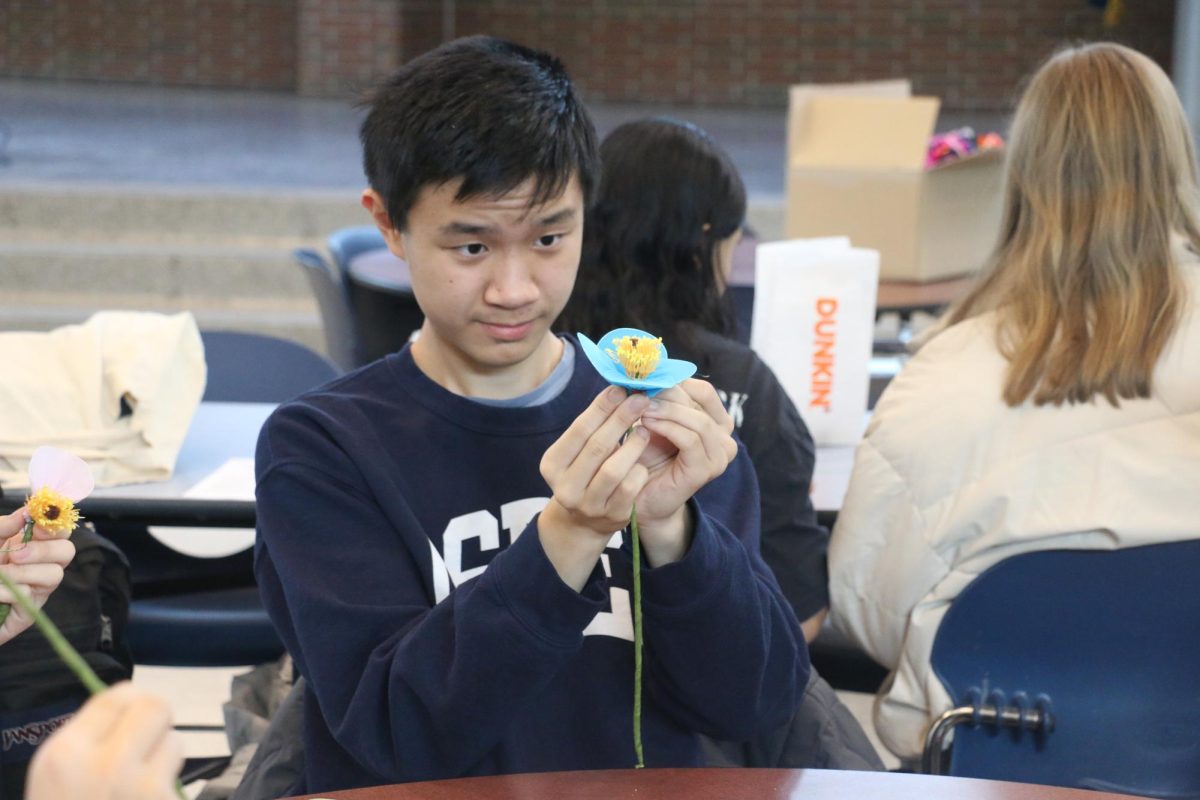




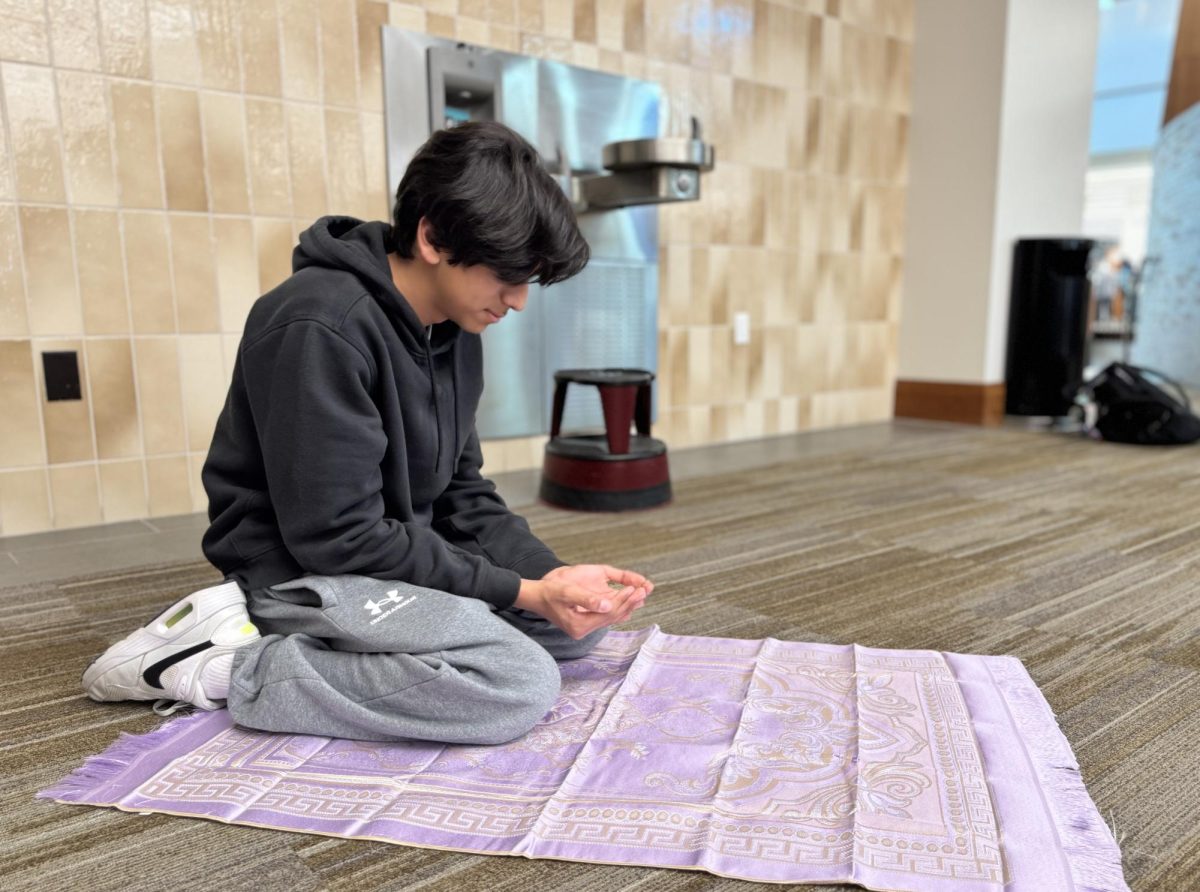





![AI in films like "The Brutalist" is convenient, but shouldn’t take priority [opinion]](https://hilite.org/wp-content/uploads/2025/02/catherine-cover-1200x471.jpg)


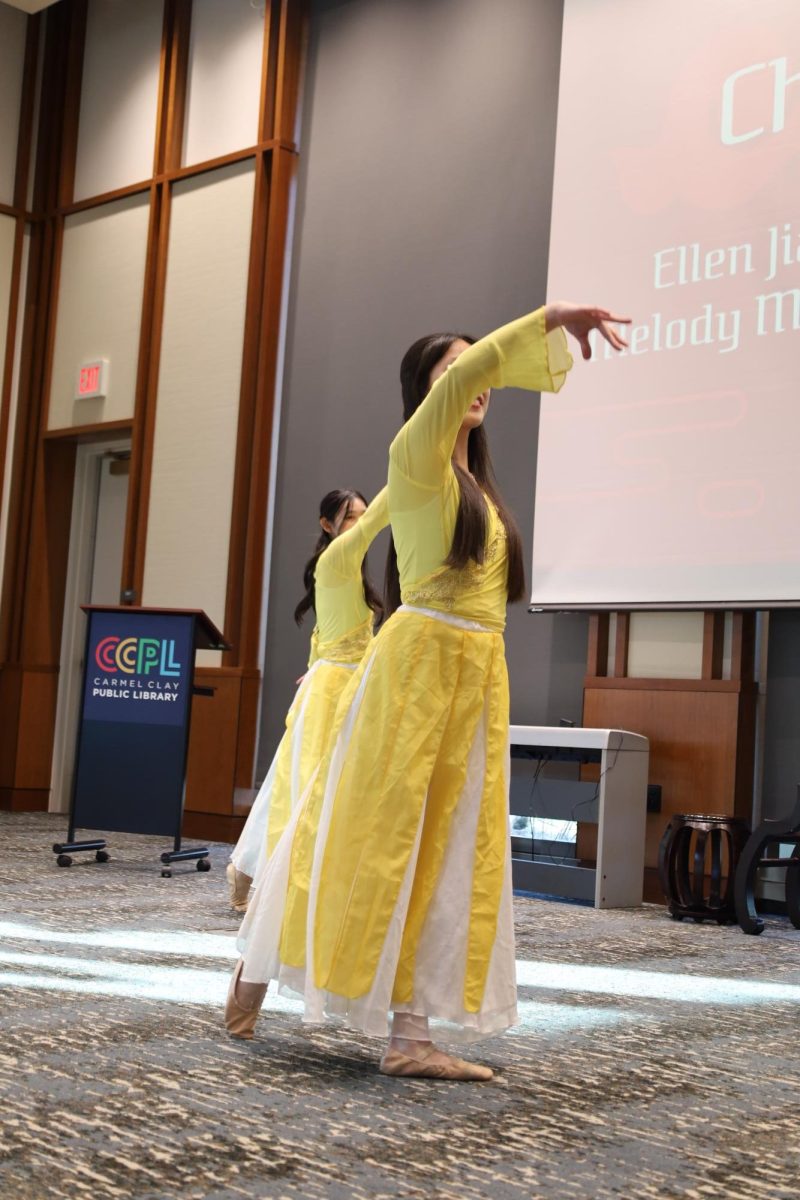










































![Review: “The Immortal Soul Salvage Yard:” A criminally underrated poetry collection [MUSE]](https://hilite.org/wp-content/uploads/2025/03/71cju6TvqmL._AC_UF10001000_QL80_.jpg)
![Review: "Dog Man" is Unapologetically Chaotic [MUSE]](https://hilite.org/wp-content/uploads/2025/03/dogman-1200x700.jpg)
![Review: "Ne Zha 2": The WeChat family reunion I didn’t know I needed [MUSE]](https://hilite.org/wp-content/uploads/2025/03/unnamed-4.png)
![Review in Print: Maripaz Villar brings a delightfully unique style to the world of WEBTOON [MUSE]](https://hilite.org/wp-content/uploads/2023/12/maripazcover-1200x960.jpg)
![Review: “The Sword of Kaigen” is a masterpiece [MUSE]](https://hilite.org/wp-content/uploads/2023/11/Screenshot-2023-11-26-201051.png)
![Review: Gateron Oil Kings, great linear switches, okay price [MUSE]](https://hilite.org/wp-content/uploads/2023/11/Screenshot-2023-11-26-200553.png)
![Review: “A Haunting in Venice” is a significant improvement from other Agatha Christie adaptations [MUSE]](https://hilite.org/wp-content/uploads/2023/11/e7ee2938a6d422669771bce6d8088521.jpg)
![Review: A Thanksgiving story from elementary school, still just as interesting [MUSE]](https://hilite.org/wp-content/uploads/2023/11/Screenshot-2023-11-26-195514-987x1200.png)
![Review: "When I Fly Towards You", cute, uplifting youth drama [MUSE]](https://hilite.org/wp-content/uploads/2023/09/When-I-Fly-Towards-You-Chinese-drama.png)
![Postcards from Muse: Hawaii Travel Diary [MUSE]](https://hilite.org/wp-content/uploads/2023/09/My-project-1-1200x1200.jpg)
![Review: "Ladybug & Cat Noir: The Movie," departure from original show [MUSE]](https://hilite.org/wp-content/uploads/2023/09/Ladybug__Cat_Noir_-_The_Movie_poster.jpg)
![Review in Print: "Hidden Love" is the cute, uplifting drama everyone needs [MUSE]](https://hilite.org/wp-content/uploads/2023/09/hiddenlovecover-e1693597208225-1030x1200.png)
![Review in Print: "Heartstopper" is the heartwarming queer romance we all need [MUSE]](https://hilite.org/wp-content/uploads/2023/08/museheartstoppercover-1200x654.png)

